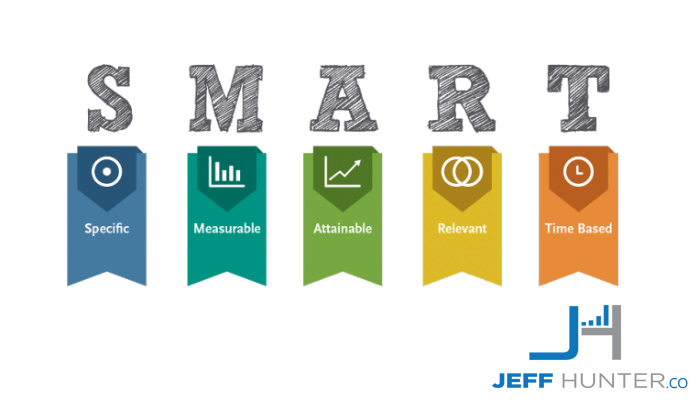Effective Project Management: CLEAR and SMART Technique
Effective Project Management: CLEAR and SMART Technique
In my experience, project planning is key to effective project management, as it has a major influence over the other stages of project management as well. In fact, project management execution, monitoring and closing often depend on how accurate and complete the project plan is. That is why I decided to share a project management approach that I found to work very well for effective project planning.
Effective Project Management Planning
Planning a project actually means creating a roadmap for everyone involved in the project to follow. The first step to creating this road map is setting goals. You will find all kinds of goal setting techniques and tricks, but, for me, the following two formulas always work: CLEAR and SMART. The former is newer, more in tone with the fast-paced world we live in. The latter focuses more on facts and their implications. Here are a few ways you can set goals for your team for the long term. You can also use these methods in your lessons learned to ensure you aren’t just letting all your knowledge waste away in some project notes you finished months (or even years) ago. You should set according to each formula for effective project management structure:
CLEAR

Collaborative – Encourage teamwork
Limited – Set clear time and scope limits to make the project easier to manage
Emotional – Define goals that will appeal to the employees’ emotions and motivate them
Appreciable – Set intermediate goals that will be easier to achieve
Refinable – Set goals that can be refined according to the situations encountered along the way
SMART

Specific – Such goals can be easily set by answering questions like: what, who, when, where, why and which
Measurable – Define strict criteria to measure success in pursuing and attaining your goals
Attainable – Set attainable goals and identify the exact steps to be taken for attaining them
Realistic – When setting goals, remain aware of your resources and abilities
Timely – Define a realistic time-frame for each goal
In this phase, you basically define the project scope and the management plan. You also identify costs, quality, resources and, hopefully, a realistic timetable. For Effective Project Planning, your plan should also include criteria to manage your team’s performance. SMART Goals still serve a purpose, but CLEAR has become more favorable to me as sometimes SMART goals can be dumb.
Effective Project Management Request Assessment
You will have to regularly assess where you and your team stand reported to the project scope, costs and schedule. Any deviation from the planned track should be analyzed and corrected. At this point, the role of everyone involved in the process is clearly defined, and every team member is aware of their responsibilities. If not then you need to read up on the 4 main Project Manager Responsibilities.
All of your planning work will have to be included in specific documents. Here are the most important ones you will have to create in this stage, in order to make sure your project is on track.

- Project Scope Statement – This document defines the need the project answers and the benefits it provides, the objectives pursued, the deliverables and some key milestones. While later changes to the scope statement are possible, they should be approved by you and the sponsors.

- Work Breakdown Structure (WBS) – This document usually takes the form of a visual presentation breaking down the project scope into several stages more accessible to the team.

- Milestones – They refer to the key stages of the execution and they set high-level goals to be achieved within a specific timeframe.

- Communication Plan – It should cover your strategy for communicating with the team, and any outside stakeholders based on strictly defined deliverables and milestones.

- Project Risk Management Plan – Every project is threatened by risks. It is up to you to define them and control them. They can range from inaccurate price estimates to customer reviews cycle, budget changes, new requirements or insufficient resources.
If this is your first time preparing such documents and you need help or a second opinion, do not hesitate to contact me. I have been in your shoes, and I know how challenging effective project management and planning can be, but you do not have to face the challenges alone – I’m here.






Leave a Reply
Want to join the discussion?Feel free to contribute!